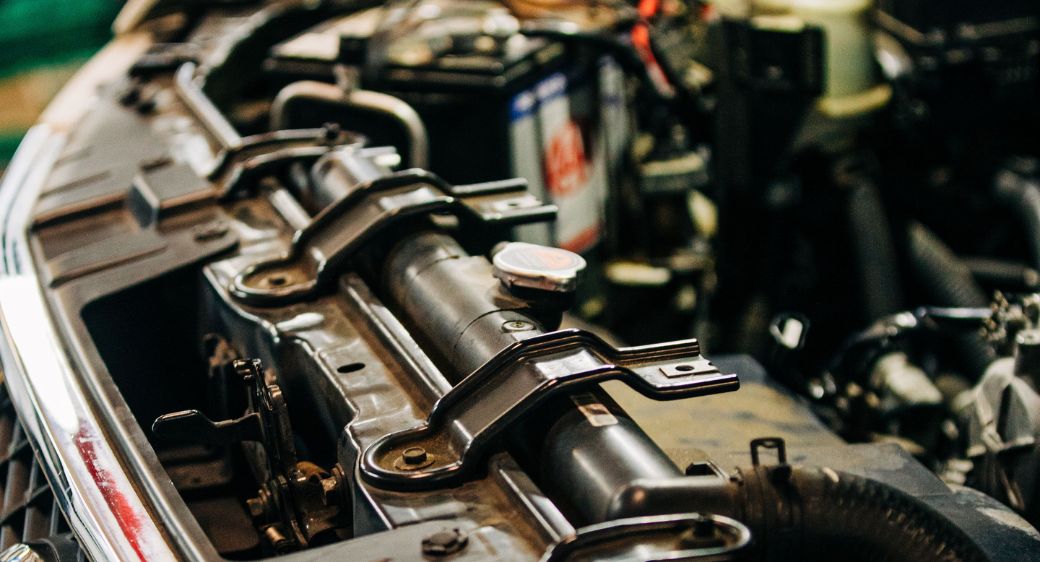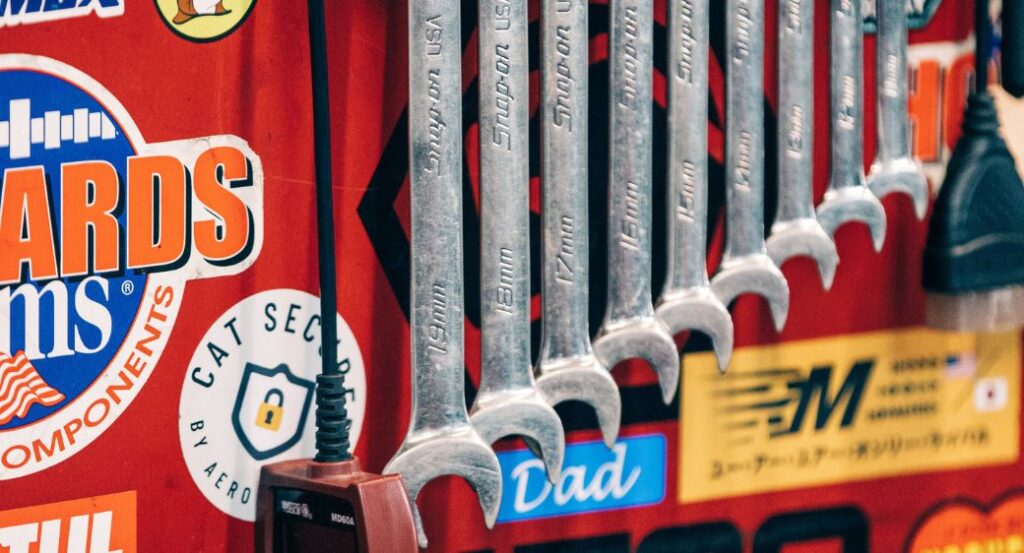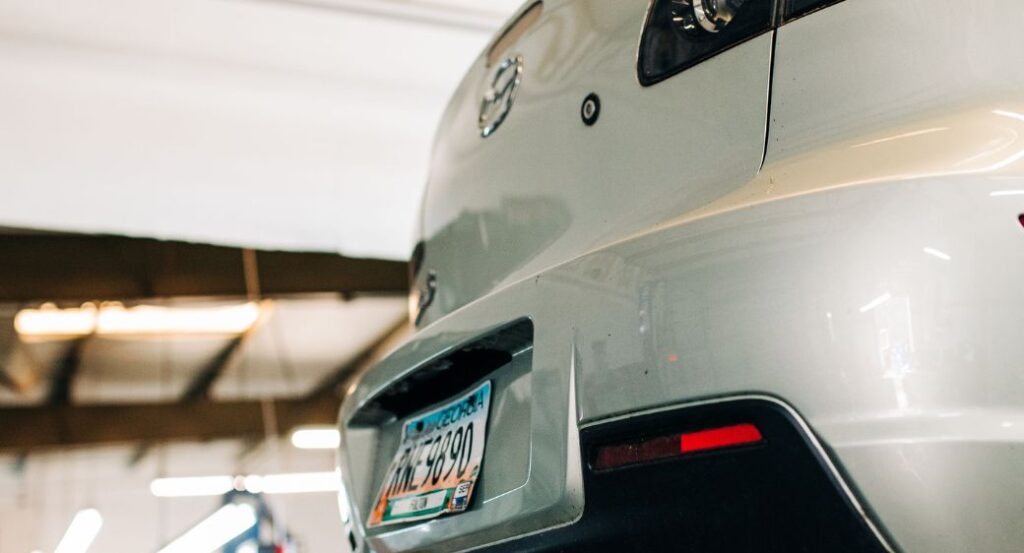
Sharing this:
Auto repair shops have come a long way from their humble beginnings. Over the decades, advancements in technology, training, and customer service have transformed the industry. Read on to explore the evolution of auto repair shops, highlighting key changes and improvements that have shaped the way car repair mechanics operate today.
Early Beginnings of Auto Repair Shops
In the early 20th century, auto repair shops were a rarity, often run by blacksmiths or general mechanics. These shops handled a wide range of vehicle issues, from basic maintenance to complex repairs. Early auto repair shops were simple, with few specialized tools or equipment. Mechanics relied on their skills and ingenuity to diagnose and fix problems, often fabricating parts as needed.
Introduction of Specialized Tools
As automobiles became more complex, the need for specialized tools grew. By the 1920s and 1930s, auto repair shops began investing in specific tools designed for car maintenance and repair. These tools improved the efficiency and accuracy of repairs, allowing mechanics to handle more sophisticated tasks. The introduction of specialized tools marked a significant step forward in the professionalization of auto repair shops.
The Rise of Dealership Service Centers
In the mid-20th century, car dealerships began to establish their own service centers. These centers provided a convenient option for customers to have their vehicles serviced and repaired by trained technicians. Dealership service centers had access to factory-specific tools and parts, ensuring high-quality repairs. This development increased competition in the auto repair industry, pushing independent shops to improve their services.
Emergence of Franchise Chains
The latter half of the 20th century saw the rise of auto repair franchise chains. These chains offered standardized services and branding, providing customers with consistent and reliable experiences. Franchise chains benefited from economies of scale, allowing them to invest in advanced technology and training. The emergence of these chains further professionalized the industry and set new standards for customer service and repair quality.

Advancements in Diagnostic Technology
The advent of computerized diagnostic tools in the 1980s revolutionized auto repair. These tools allowed mechanics to quickly and accurately diagnose problems by connecting to a vehicle's onboard computer system. Advanced diagnostics reduced guesswork, sped up repair times, and improved the accuracy of repairs. This technology continues to evolve, with modern shops using sophisticated software to pinpoint issues and perform precise repairs.
Growth of Mobile Repair Services
In recent years, mobile repair services have become increasingly popular. These services bring the mechanic to the customer's location, offering convenience and flexibility. Mobile repair services often handle routine maintenance and minor repairs, reducing the need for customers to visit a traditional shop. The growth of mobile repair services reflects the industry's adaptation to changing customer preferences and the demand for convenience.
Training and Certification Programs
The importance of formal training and certification for auto repair mechanics has grown significantly. Organizations such as the National Institute for Automotive Service Excellence (ASE) offer certification programs that validate a mechanic's skills and knowledge. Certified mechanics are recognized for their expertise and commitment to quality, providing customers with confidence in their abilities. Training and certification programs have elevated the standards of the profession.
Environmental Considerations
Environmental awareness has influenced the auto repair industry in many ways. Shops now adhere to stricter regulations regarding the disposal of hazardous materials and the use of eco-friendly products. Many repair shops also offer services such as emissions testing and the installation of environmentally friendly components. These practices reflect the industry's commitment to sustainability and environmental responsibility.
Integration of Digital Customer Service
Digital technology has transformed customer service in the auto repair industry. Online appointment scheduling, digital communication, and electronic payment options enhance customer convenience. Many shops use customer relationship management (CRM) systems to track service history and send maintenance reminders. This integration of digital tools has improved the customer experience and streamlined shop operations.
Emphasis on Preventive Maintenance
Modern auto repair shops place a greater emphasis on preventive maintenance to help customers avoid costly repairs. Regular services such as oil changes, brake inspections, and fluid checks are promoted to keep vehicles running smoothly. Educating customers about the importance of preventive maintenance has become a key aspect of auto repair shops' customer service strategies, helping to build long-term relationships and trust.
Customization and Performance Upgrades
As vehicle technology has advanced, so has the demand for customization and performance upgrades. Auto repair shops now offer a wide range of services, from installing custom exhaust systems to tuning engines for better performance. This trend caters to car enthusiasts who seek to personalize their vehicles. Shops that offer these services often invest in specialized training and equipment to meet the needs of this niche market.

Expansion of Services Offered
Today's auto repair shops offer a broader range of services than ever before. In addition to traditional repairs, many shops provide services such as tire sales and installation, alignment, and detailing. This expansion allows shops to serve as one-stop solutions for all of a customer's automotive needs. The diversification of services helps shops attract a wider customer base and increase revenue.
Importance of Customer Reviews and Online Reputation
In the digital age, online reviews and reputation management are critical for auto repair shops. Customers often rely on online reviews to choose a repair shop, making it essential for shops to maintain a positive online presence. Responding to reviews, addressing customer concerns, and showcasing positive feedback are important strategies for building and maintaining a strong reputation. A positive online reputation can significantly impact a shop's success.
The Role of Advanced Technology in Repairs
Modern vehicles are equipped with advanced technology, including complex computer systems and electronic components. Auto repair shops must stay current with these advancements to provide effective repairs. Investing in training and equipment for diagnosing and repairing advanced technology is essential. This ongoing adaptation ensures that shops can handle the latest vehicle models and technologies, maintaining their relevance in the industry.
The Modern Car Repair Mechanic
Today's car repair mechanic is highly skilled and well-trained, equipped with the latest tools and technology. Mechanics must continuously update their knowledge to keep pace with advancements in vehicle technology. They also prioritize customer service, understanding that building trust and maintaining strong relationships are key to a successful business. The modern car repair mechanic is a professional dedicated to providing high-quality, reliable service.
Now that you know the evolution of auto repair shops from the past to the present, you can appreciate the significant advancements that have shaped the industry. Understanding this evolution helps you recognize the expertise and dedication of today's car repair mechanics, ensuring you receive the best possible service for your vehicle.



